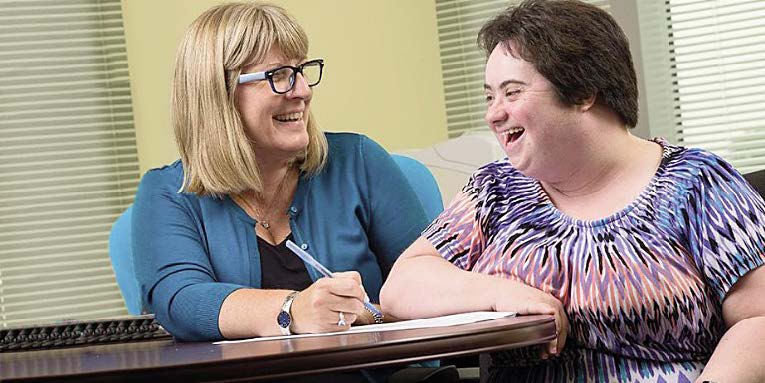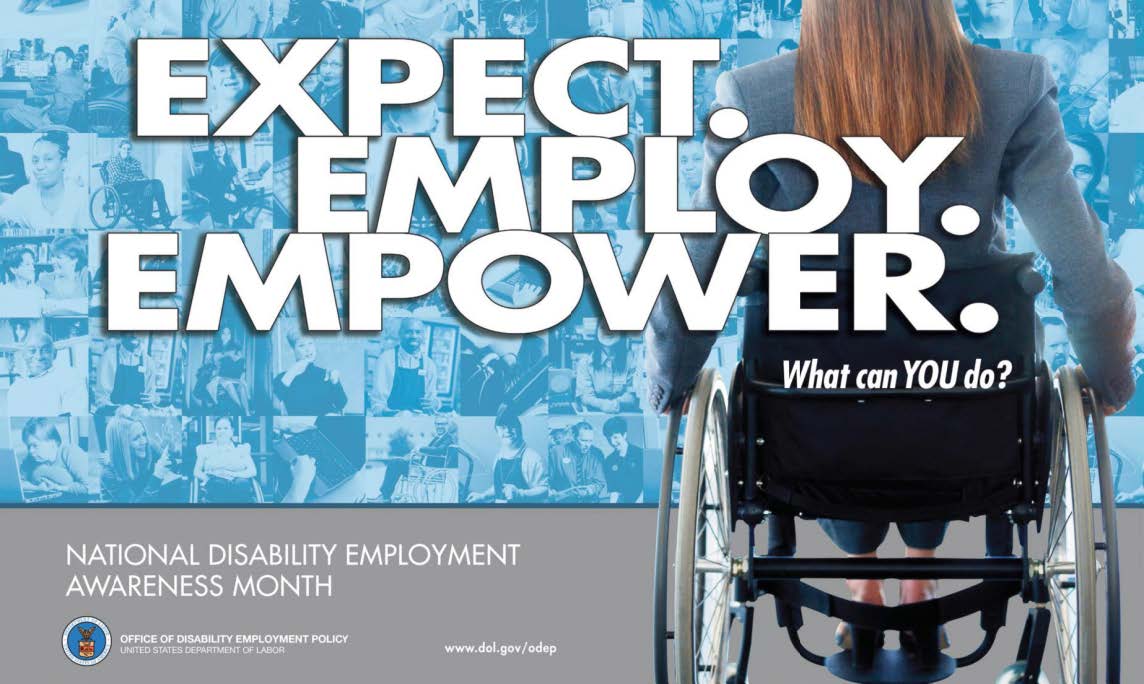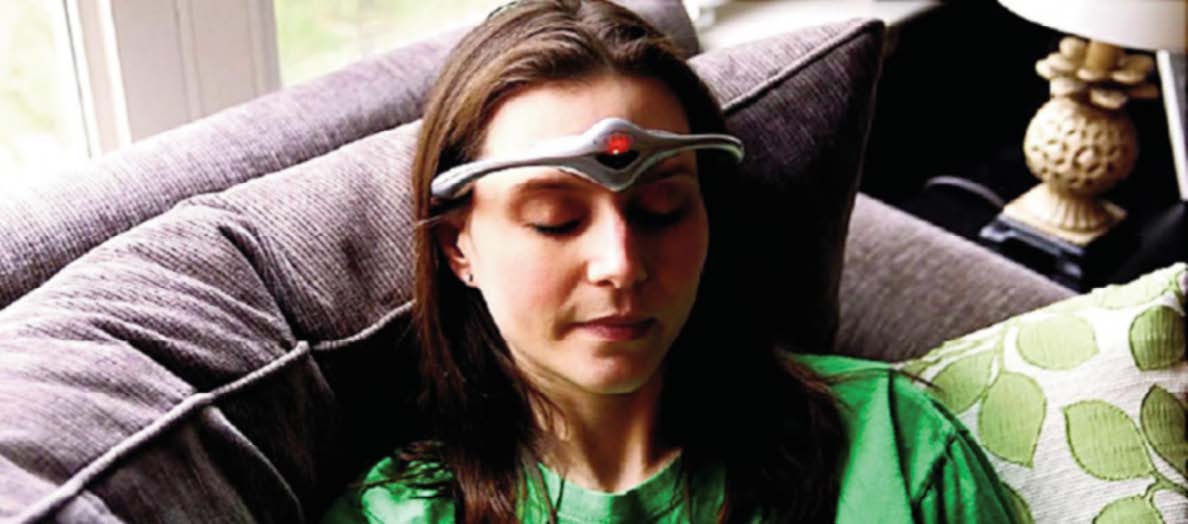APPLICANTS FOR MEDICAL SCHOOL PARTNERS TO RECEIVE $25K IN FUNDING
The National Curriculum Initiative in Developmental Medicine (NCIDM) is an ongoing partnership between Special Olympics International (SOI) and the American Academy of Developmental Medicine and Dentistry (AADMD). The goal of this project is to provide training to medical students in the field of Developmental Medicine – the care of individuals with intellectual/developmental disabilities (IDD) across the lifespan.
As part of this project, medical schools can apply to become Medical School Partners, which will receive $25,000 in funding to design and implement curriculum enhancements. There will be 12 Medical School Partners over the course of four years. The first cohort is the University of Louisville, Baylor College of Medicine, and the University of Colorado. The project is currently recruiting medical schools to be a part of the second cohort, which will be announced in January 2018.
Self-advocates and family advocates are an important part of this project. Each Medical School Partner is working directly with multiple community partners in an effort to bring the voices of people with IDD and their caregivers to medical students. These conversations are a critical step in improving the healthcare of people with Dr. Chandan IDD. For more information about the NCIDM project, please contact Dr. Chandan at priya.chandan@louisville.edu
Dr. Priya Chandan, MD, MPH is a physicianresearcher who is passionate about improving healthcare for people with intellectual/developmental disabilities. She is an Assistant Professor at the University of Louisville and the Project Coordinator for AADMD's NCIDM project. Personally, she has an older brother with Down syndrome, who has had the greatest influence on her career path and research interests.•
Inclusion Drives Innovation: National Disability Employment Awareness Month Theme Announced
The U.S Department of Labor's Office of Disability Employment Policy (dol.gov/odep) announced recently that "Inclusion Drives Innovation" will be the theme of National Disability Employment Awareness Month in October 2017. "Americans of all abilities must have
"Americans of all abilities must have access to good, safe jobs," said U.S. Secretary of Labor Alexander Acosta. "Smart employers know that including different perspectives in problem-solving situations leads to better solutions. Hiring employees with diverse abilities strengthens their business, increases competition, and drives innovation."
Every October, NDEAM celebrates individuals with disabilities and their contributions and achievements to the American workforce. ODEP created this year's theme with input from a wide variety of its partner organizations, including those representing employers, people with disabilities and their families, and federal, state, and local agencies. In 1945, Congress declared the first week of October as 'National Employ the Physically Handicapped Week.' In 1962, the word "physically" was dropped to acknowledge individuals with all types of disabilities. In 1988, Congress expanded the week to a month and changed the name to NDEAM. In 2001, ODEP was established and formally began selecting the NDEAM theme.

PERFECT FIT: Today more than ever, businesses need people with a demonstrated ability to adapt to different situations and circumstances. And perhaps more than any other group, people with disabilities possess precisely these attributes.

REMAINING THREATS TO THE AFFORDABLE CARE ACT
W ith the Senate's failure to pass a repeal of the Affordable Care Act (ACA), attention has been turned to other ways the ACA could be weakened by the Trump Administration. One of the things that the Administration could do which could potentially destabilize the marketplace would be to withhold the cost-sharing reduction (CSR) payments which are made to the insurance companies to help offset out-of-pocket costs for lower income enrollees. This past spring, the Kaiser Family Foundation released two issue briefs which went into detail about the effects of the CSR payments. To learn more about these issue briefs, check out bit.ly/2vjzd7a
Health Affairs also has a blog post (bit.ly/2wdIU74) on the CSR payments this week as well as an ACA Round-Up blog post (bit.ly/2wrmUFN) which looks at some of the bi-partisan ideas to fix the ACA which were proposed this week. A new blog post by the Georgetown Center on Health Insurance Reforms addresses the issue of the CSR payments as well as other ways that the Trump Administration could weaken the ACA. The blog post entitled "No Rest for the Weary: Unexpected Defeat of ACA Repeal Effort Doesn't Mean End of Threats to Law" (bit.ly/2hI6eXq) looks at four other ways that the Administration could weaken the ACA marketplace.
You can view the NDNRC statement on health reform which we released after the election last November which includes the provisions of the ACA which we believe are vital to people with disabilities. In the statement entitled "Preserve the Protections Provided by the Affordable Care Act," (bit.ly/2vjg2KK) a call has been made to Congress and the Administration to protect provisions in the ACA which have benefited people with disabilities. The NDNRC is an initiative aimed at providing cross-disability information and support to Navigators, enrollment specialists and consumers thereby ensuring people with disabilities receive accurate information when selecting and enrolling in the health insurance marketplaces. The NDNRC website can be found at: nationaldisabilitynavigator.org

ACA HERE TO STAY?A protester is removed from a sit-in at Senate Majority Leader Mitch McConnell's office as she and other disability rights advocates protest the GOP healthcare bill.
PINPOINTING THE CAUSE OF TOURETTE SYNDROME
The Tourette Association of America (TAA) and neurogeneticists at Massachusetts General Hospital and UCLA's Semel Institute for Neuroscience and Human Behavior, brings your attention to the recent publication in the scientific journal Neuron of important news related to the origin and cause of Tourette Syndrome, a neurological disorder that affects 1 in 100 school-aged children in the U.S, and for which there is currently no known cure.
Pinpointing the cause of Tourette syndrome has been a primary research goal of TAA since it began more than 45 years ago. Identifying these two genetic markers is a huge step forward in understanding Tourette, which may also present with OCD, ADHD and Autism Spectrum Disorders and other neurological conditions. The data collected in this study is significant because it definitively identifies rare mutations in two genes that markedly increase the risk for Tourette syndrome (TS). This is an opportune moment to take a closer look at Tourette syndrome from a personal point of view as well as a scientific one.

Getting involved: We would like to work with you to develop a feature story that shows the impact this news could potentially have on the "real people" who are affected by TS every day. Please visit: tourette.org
"In Their Own Words: Moving Beyond Migraine" with Robin Roberts Premieres on WebMD

WebMD recently released In Their Own Words: Moving Beyond Migraine with Robin Roberts, a new five-part video series that sheds light on the debilitating nature of migraine and the impact it has on all aspects of a sufferer's personal and professional life. To learn more about treatments and the individuals featured in the video series, visit: webmd.com/insidemigraine Moving Beyond Migraine follows the lives of Jennifer, a public school administrator who has lived with intense migraine headaches for over 20 years; Kate, a 20-year-old college student with debilitating migraines that have run in her family for generations; Melanie, whose intense migraine condition has altered the dynamics of her nine year marriage; and Lynn, who after suffering from migraine for 50 years, shares how a clinical trial for a new treatment called CGRP targeted therapy is finally providing her with some relief. Developed in partnership with Roberts' independent production company, Rock'n Robin Productions, Moving Beyond Migraine features those suffering from the disease, as well as the family, friends and doctors who care for them. The series also highlights promising new treatments that are on the horizon, which may offer new hope to the millions suffering from recurring migraines. "The patients we met through the series are putting a very brave face on a disease that is often misunderstood," said Robin Roberts. "Hopefully, their stories will bring comfort and hope to the millions still living with recurring migraine pain."
"WebMD is committed to providing in-depth tools and resources for people living with migraine as well as the friends and family who support them," said Kristy Hammam, WebMD editor-in-chief. "Moving Beyond Migraine offers a highly personal look into the world of migraine as well as the new treatments that are offering hope."•
